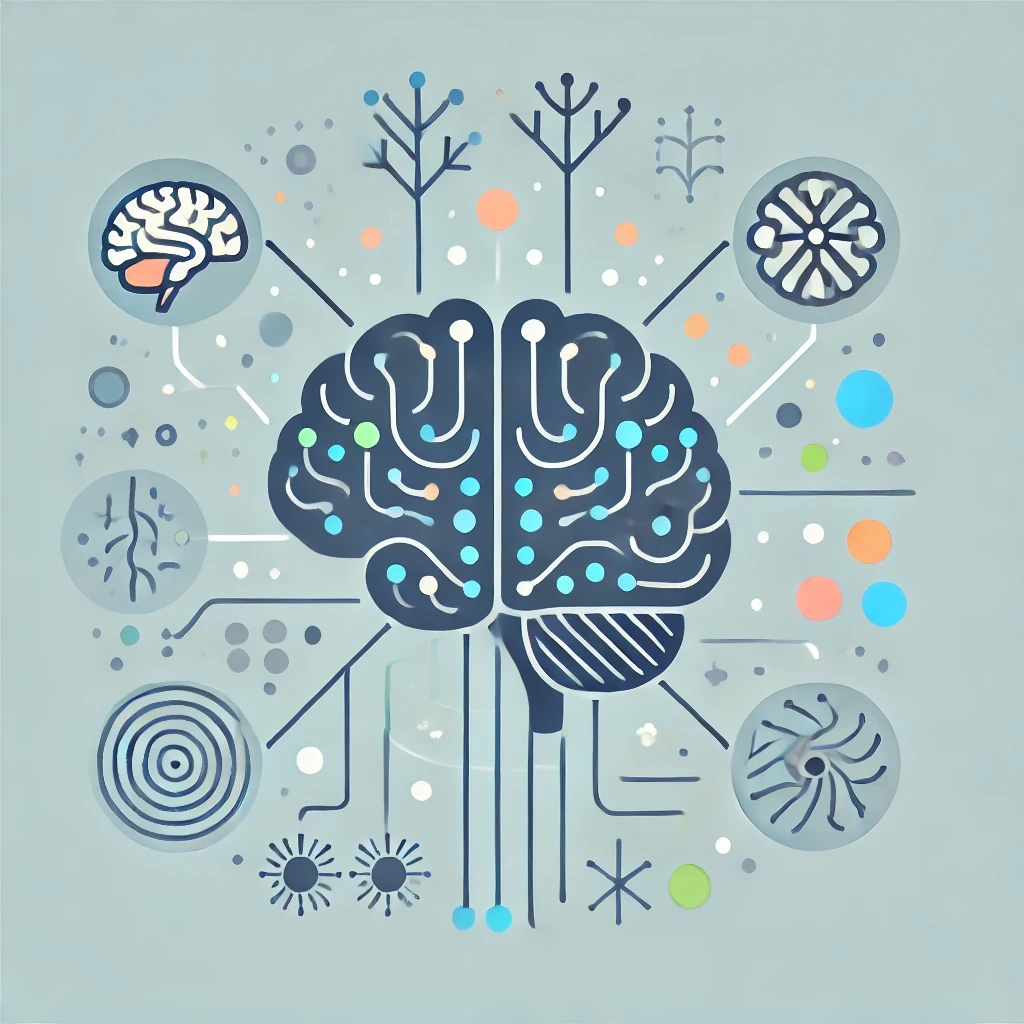Did you know that the state of your mental health is deeply connected to the intricate workings of your nervous system? The nervous system, comprising the brain, spinal cord, and nerves, plays a pivotal role in regulating mood, emotions, and overall mental health. Understanding this connection can help in managing and improving mental health.
Recognizing how the nervous system influences mental health is crucial for developing effective treatments and strategies for mental health issues. By exploring this connection, we can gain insights into conditions like depression, anxiety, and stress.
In this post, you’ll learn about the influence of the nervous system on mental health, the role of neurotransmitters, and the brain regions involved in mental health regulation.
How the Nervous System Influences Mental Health
The nervous system influences mental health through complex interactions between the brain, neurotransmitters, and various neural pathways.
The brain communicates with the rest of the body through the nervous system, affecting mood, behavior, and cognitive functions. For instance, stressful situations activate the sympathetic nervous system (SNS), leading to increased heart rate and anxiety.
Neurotransmitters are chemical messengers that transmit signals between nerve cells and play a crucial role in regulating mood and emotions. Imbalances in neurotransmitters like serotonin and dopamine are linked to mental health disorders such as depression and anxiety.
The brain’s ability to adapt and reorganize itself, known as neuroplasticity, is essential for mental health. It allows for learning, memory formation, and recovery from stress. Cognitive-behavioral therapy (CBT) leverages neuroplasticity to help individuals rewire negative thought patterns and improve mental health.
Practical Applications and Tips
Understanding the connection between the nervous system and mental health can inform practical strategies for improving mental well-being.
Stress Management:
- Tip: Practice relaxation techniques such as deep breathing, meditation, and yoga to activate the parasympathetic nervous system and reduce stress.
- Regular mindfulness meditation has been shown to reduce amygdala activity and enhance emotional regulation.
Healthy Diet:
- Tip: Consume a balanced diet rich in omega-3 fatty acids, antioxidants, and vitamins to support neurotransmitter function and brain health.
- Foods like salmon, nuts, and leafy greens can boost serotonin levels and improve mood.
Physical Exercise:
- Tip: Engage in regular physical activity to increase the release of endorphins and other neurotransmitters that promote mental well-being.
- Aerobic exercises like running and swimming can enhance dopamine production and reduce symptoms of depression.
Social Connections:
- Tip: Foster strong social relationships to support mental health and emotional well-being.
- Regular social interactions can increase oxytocin levels, which help reduce stress and anxiety.
Role of Neurotransmitters and Brain Regions
Neurotransmitters and specific brain regions are integral to the regulation of mood, emotions, and mental health.
Key Neurotransmitters:
Serotonin:
- Role: Regulates mood, anxiety, and happiness.
- Low levels of serotonin are associated with depression. For instance, selective serotonin reuptake inhibitors (SSRIs) are commonly prescribed antidepressants that work by increasing serotonin levels in the brain, helping to alleviate depressive symptoms.
Dopamine:
- Role: Involved in reward, motivation, and pleasure.
- Dopamine imbalances are linked to conditions like schizophrenia and Parkinson’s disease. For example, the lack of dopamine in Parkinson’s patients leads to motor control issues, while excess dopamine activity is often found in individuals with schizophrenia, affecting their perception and cognition.
Norepinephrine:
- Role: Regulates arousal, alertness, and stress response.
- Elevated levels of norepinephrine are associated with anxiety disorders. Beta-blockers, which reduce norepinephrine activity, are sometimes used to manage physical symptoms of anxiety, such as rapid heartbeat and tremors.
Key Brain Regions:
Amygdala:
- Function: Processes emotions and is involved in the fear response.
- Overactivity in the amygdala is linked to anxiety and PTSD. For instance, individuals with PTSD often exhibit heightened amygdala responses to traumatic reminders, leading to intense fear and emotional reactions.
Hippocampus:
- Function: Plays a crucial role in memory formation and emotional regulation.
- Reduced hippocampal volume is associated with depression and PTSD. Studies have shown that chronic stress and depression can shrink the hippocampus, impairing memory and emotional regulation.
Prefrontal Cortex:
- Function: Involved in decision-making, social behavior, and regulating emotions.
- Dysfunctions in the prefrontal cortex are linked to mood disorders and impulsivity. For instance, individuals with major depressive disorder often have reduced activity in the prefrontal cortex, impacting their ability to make decisions and regulate emotions.
Recap the critical connection between the nervous system and mental health, highlighting the roles of neurotransmitters and brain regions. Emphasize the importance of maintaining a healthy nervous system for overall mental well-being.

